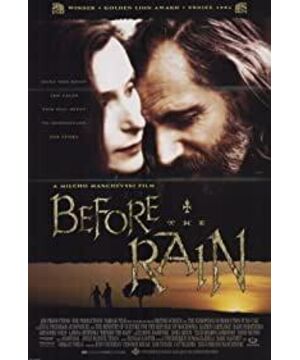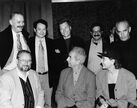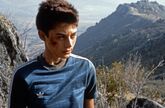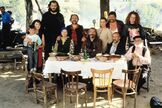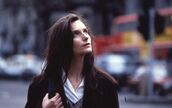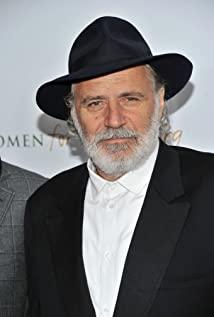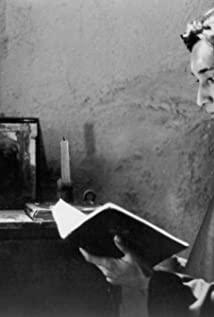After watching it, I think it's okay, but I'm not particularly fond of it. I took another look at the film review. Almost everyone thinks it's a great movie, but it's just a distinction between intense worship and calm liking.
The film seems to be composed of 3 independent plots (Words, Faces, Pictures), but in fact they are interlinked and more intriguing.
The plot can be covered by almost every film review, so I won't say much.
Look at these three titles first, the first Words, but in this paragraph, the protagonist Kilu, a young monk in an Orthodox monastery in Macedonia, makes a dumb wish. The second Faces, some people translate it as face or face, and some people translate it as face, there is no problem. If it is said with face, the most prominent part of this passage is that there was a shooting in a restaurant, and Annie's husband's face was beaten to blood; In the intercom, it was Annie who faced the unrequited husband Nick and his lover Alexander, who had a dilemma of choice. In the end, the chickens were flying and the eggs were fighting, and Annie ended up in a dark dream. The third Pictures should refer to the pictures taken by Alexander as a photographer, and should refer to the pictures of the killing process he took, which is a kind of rebellion against vitality. Therefore, from the interpretation of the three titles, I think that the director Manchevsky is using an ironic and negative attitude to face the disaster that the region is suffering from, and uses this film to awaken people in delirium and ease national tension. hatred between.
What impresses me most about this movie is the desolation and savagery. In this vast and desolate land, the peoples of the neighboring countries maintain their relations with each other in a savage way. Guns and blood appeared repeatedly, elder brothers turned their guns on their sisters, clansmen turned their guns on brothers, and angry nationalists used cats to vent their emotions... All these cruel and real scenes are in front of us. What can be said?
The image of rain appears many times in the film, no matter the rolling thunder or the judgments made by people observing the weather, they are calling rain repeatedly. But the rain came too late, and it didn't come to cleanse the catastrophe until everything was over. I vaguely feel that this rain is a symbol of something, but what is it a symbol of? It can neither obliterate the remains of this catastrophe, nor wash away the hatred that has accumulated in people's hearts. At most, it is a sustenance for the memory and comfort of the most deceased.
View more about Before the Rain reviews


